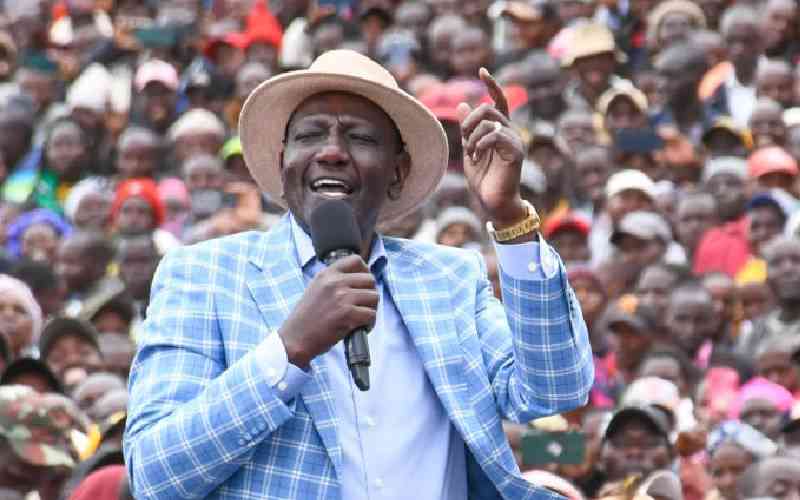Transcript: Jeff Rubin - Lean Out with Tara Henley
It’s been a whirlwind news cycle here in Canada, in the wake of President Donald Trump imposing 25 percent tariffs on Canadian goods. Prime Minister Justin Trudeau has now announced that these tariffs are on hold for 30 days, as Canada implements its 1.3-billion-dollar border strategy, aimed at stopping the flow of fentanyl. The American tariffs have come as a surprise for many in this country. But my guest on this week’s program says they have, in fact, been in the making for some time.
Jeff Rubin is a Canadian economist, bestselling author, and a former chief economist and chief strategist for CIBC World Markets. His most recent book is A Map of the New Normal: How Inflation, War, and Sanctions Will Change Your World Forever.
Jeff Rubin returns to the program, this week on Lean Out.
This is an edited transcript for paid subscribers. You can listen to the interview for free here.
TH: It is quite a moment here in Canada. After multiple threats, President Trump recently imposed 25% tariffs on Canadian goods, kicking off a trade war that threatens Canada's economy. We are speaking on the morning of February 4. Last night, Prime Minister Justin Trudeau announced that he'd spoken with Trump, and that Canada would be implementing its $1.3-billion-dollar border strategy. According to Trudeau's statement on X, this includes reinforcing the border with new choppers, technology and personnel to stop the flow of fentanyl. Canada will also appoint a border czar, list cartels as terrorists, and launch a joint U.S./Canada task force. This will mean that the tariffs will be paused for 30 days as this rolls out. There's so much to get into today. I suspect, given the subject of your recent book — which we will get into — that you will be less surprised by all of this than some in our governing class. But let's start today with your reaction to this news. What's your analysis of what is going on here? What exactly has President Trump been negotiating for here, and do you think Canada's actions will appease him?
JR: Well, it's a reprieve that may turn out to be indefinite, or may not. We are at the whim of a capricious CEO, and his agenda may be quite different than fentanyl or immigration. His agenda may be expansionism. But the point that I'd like to emphasize is that probably many listeners think that the tariff announcement, or tariff threat, is some kind of black swan event, some radical departure from the norm. If you read my book, I think you'll come to understand that it's been in the making for quite some time, beginning with Trump's first administration. And by the way, continuing during Biden's administration. You may recall that Biden was initially very critical of tariffs but he didn't reduce one single tariff that Trump imposed on China, and of course escalated economic warfare through the pervasive use of sanctions. So, I would see the events of the last three or four days very much as a continuum of what's been going on for the better part of a decade. It is, in the words of my book: The new normal.
TH: You're referring to those tariffs on China. Trump invoked national security concerns to levy four trenches of tariffs against imports from China, the largest tariffs since the Smoot-Hawley Tariff Act of the 1930s. As you say, the Biden administration continued these tariffs. For people who don't really understand economics, why are tariffs a tool of choice for Trump — and what are some of the possible unintended consequences they could have here?










